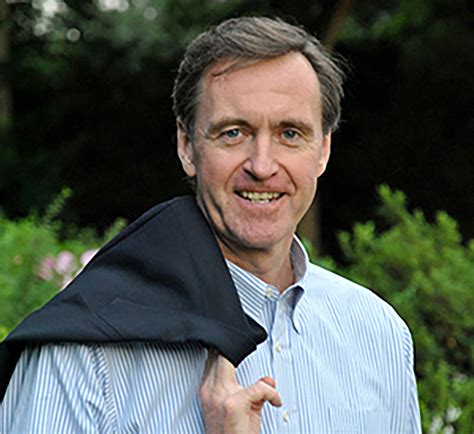A Quote by Learned Hand
All discussion, all debate, all dissidence tends to question and in consequence, to upset existing convictions; that is precisely its purpose and its justification.
Related Quotes
One question I often ask is why the church doesn't set aside funds specifically to seed new ideas. A lot of our money tends to go into existing, literally physical buildings, or existing parishes, programs, and schools, and we have nothing that is very explicitly dedicated toward new ventures of all kinds that would help parishes, help education, help catechesis.
The fact that you have a policy of such consequence directly affecting millions of people and you have a legal question of great consequence about the scope of the president's authority to act in implementing the immigration laws in this way and you have a one-line decision from the court affirming by an equally-divided court, it's an inevitable consequence of where we are.
The real debate about both the horrific inequality in the world and about the terrorism and frightening instability in the world requires analysis of the differences in upset-adaption or alienation-from-soul between individuals, races, genders, generations, countries, civilisations and cultures, but until the human condition could be explained and the upset state of the human condition compassionately understood and thus defended that debate could not take place.
There is no real scientific debate over what is happening; of course there is debate over exactly how it is going to play out in the decades ahead, because this is a large experiment that we haven't done before, and no one knows precisely how one can ever precisely predict what effects this heat will have. But all the science in the last few years, or almost all of it, really serves to show that the effects are larger and more rapid than we had thought even a decade ago.
And a lot of times, the religious discussion is almost a masquerade for the real question, is what stories that we tell ourselves and that we tell each other and what convictions and beliefs actually have the capacity to make us the kind of people who together can make the world the kind of world we all want it to be?
I'm afraid that in the United States of America today the prevailing doctrine of justification is not justification by faith alone. It is not even justification by good works or by a combination of faith and works. The prevailing notion of justification in our culture today is justification by death. All one has to do to be received into the everlasting arms of God is to die.


































